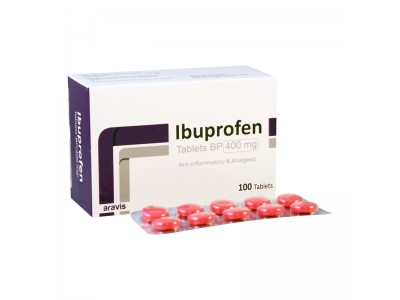Taking ibuprofen and Midol together can lead to an increased risk of side effects and potential overdose, as both medications contain nonsteroidal anti-inflammatory drugs (NSAIDs). Ibuprofen itself is an NSAID commonly used to reduce inflammation, pain, and fever. Midol is a brand that offers various formulations, some of which contain NSAIDs like ibuprofen or naproxen as their primary active ingredient. Therefore, combining these medications can result in doubling up on NSAIDs, which can increase the risk of adverse effects such as gastrointestinal issues, including stomach pain, ulcers, and bleeding, as well as kidney damage and cardiovascular problems.
Additionally, Midol formulations may contain other active ingredients, such as acetaminophen (a pain reliever and fever reducer), caffeine (a stimulant that can help alleviate fatigue), or antihistamines like diphenhydramine (which can help with sleep). Mixing these with ibuprofen can further complicate the risk profile, potentially leading to overdose or increased side effects from the non-NSAID components.
To avoid these risks, it is crucial to read the labels of both medications and understand their ingredients. If both contain NSAIDs, it is generally advisable not to take them together. Consulting a healthcare provider or pharmacist is recommended to ensure safe and effective use of these medications, especially if you are unsure about their contents or if you have underlying health conditions that could be exacerbated by NSAID use. They can provide guidance on appropriate dosing and alternative treatment options to manage pain and other symptoms safely.

